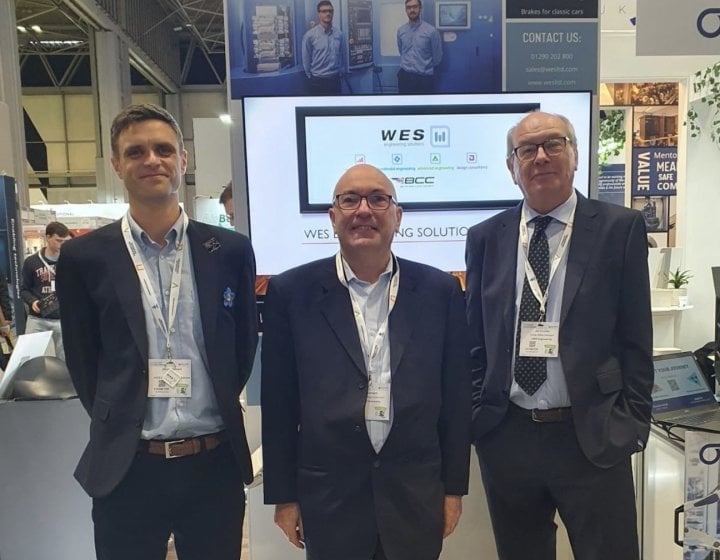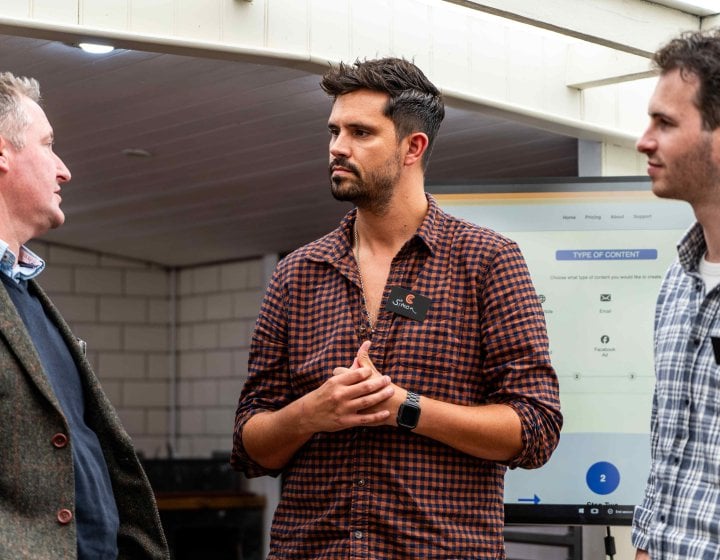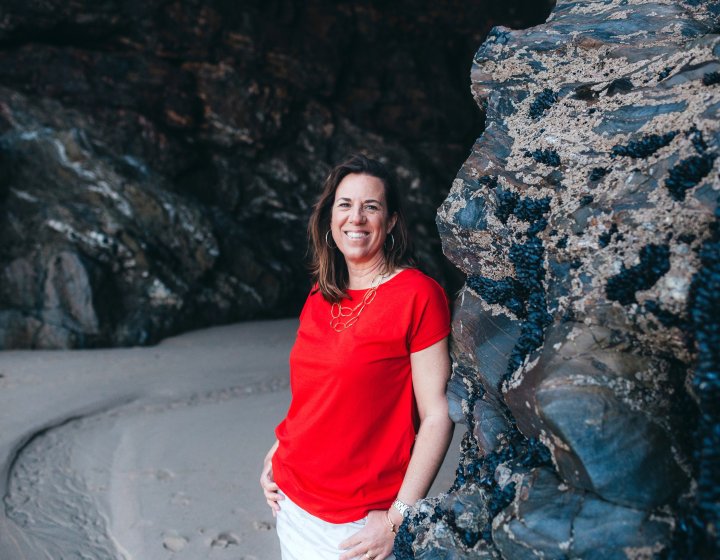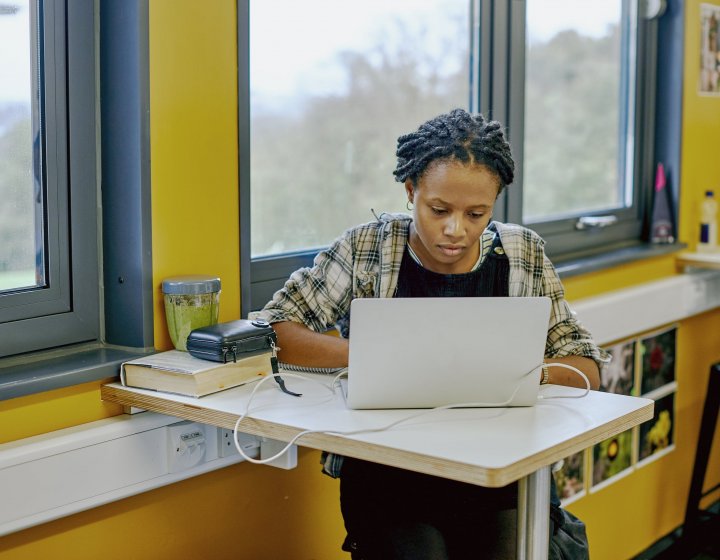Women in tech – the story of Kevri
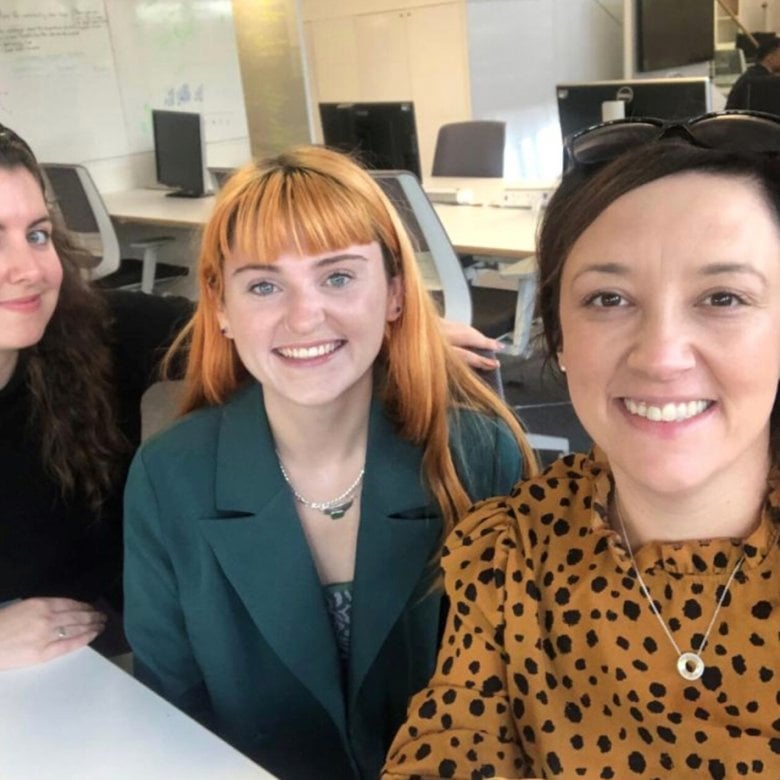
By Launchpad student and co-founder of Airize Ananya Banerjee.
Following the TECwomen Connect event at Launchpad, I thought it would be apt to share the story of one of our female-founded companies – KEVRI.
Three women from various backgrounds with a passion for social impact came together to make what KEVRI is today: a company building the culture of knowledge exchange amongst educational institutions.
Corin Mynett, a designer straight after graduation; Emily Devonald, an education journalist; and Natalie Campion, a social innovator and lecturer, were teamed together. As they started exploring their passion, education and social impact were the two things they were all enthused about. And about a year since starting their Launchpad journey, their brainchild, KEVRI, is now helping organisations engage with businesses and the community. They have worked on more than forty knowledge exchange projects already. And more importantly, they are building relations with their customers that are sustainable and meaningful.
The reason why KEVRI's story is so inspiring for me is that the team did not start with the view to win over the world. All three of them knew and were passionate about a problem and wanted to solve that. Now that they have solved it and done a great job at it, they are looking into the areas they could venture out to – as they are building connections amongst organisations and communities through knowledge exchange, the sky is their limit.
To all the women in technology, not everyone starts with a global idea – some just start like KEVRI – solving a real problem, solving it extremely well, and growing from there. I asked Corin to describe the team's experience and she said, "it was the three of us figuring things out, making mistakes, and having fun. We're extremely fortunate to get along so well together and are working really hard to grow fast and sustainably."
KEVRI is working with UK universities to identify and capture missing knowledge exchange activities.
